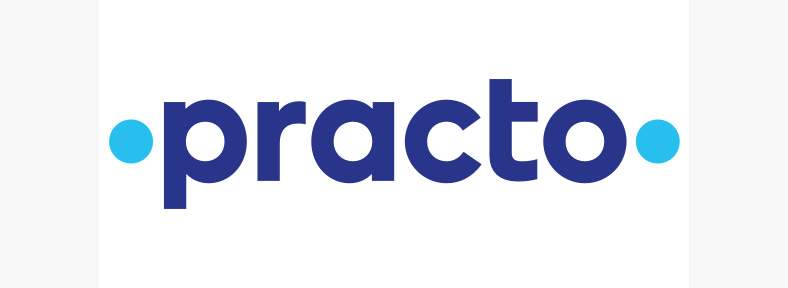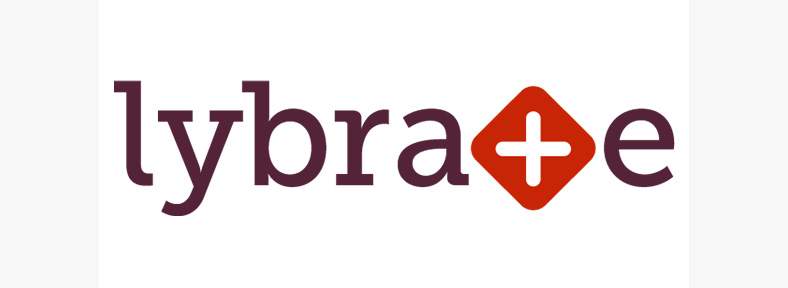In the ever-expanding world of healthcare, alternative and complementary medicine systems are gaining global attention, and homeopathy is at the forefront. With roots tracing back to 18th-century Germany, homeopathy is now practiced in over 80 countries, with millions of users worldwide. But is it just a passing trend, or is homeopathy truly gaining long-term popularity on a global scale?
Let’s explore how and why homeopathy is finding a growing audience across the world.
What is Homeopathy?
Homeopathy is a holistic system of medicine founded by Dr. Samuel Hahnemann in 1796. Based on the principle of “like cures like,” it uses highly diluted natural substances to stimulate the body’s innate healing abilities.
Unlike conventional medicine, homeopathy focuses on treating the individual as a whole—addressing physical, emotional, and mental symptoms rather than isolated conditions.
Global Reach: Homeopathy Across Continents
Europe
Europe is considered the birthplace of homeopathy and remains one of its strongest markets.
- France, for example, has integrated homeopathy into mainstream healthcare. Many general practitioners offer homeopathic treatment, and remedies are widely available in pharmacies.
- In Germany, homeopathy is covered by many private health insurance providers.
- The UK, despite recent skepticism, still has a significant number of homeopathic practitioners and users.
India
India is perhaps the largest hub for homeopathy in the world.
- Over 200,000 registered homeopaths and 300+ colleges teach homeopathy across the country.
- The Indian government actively promotes alternative medicine through the Ministry of AYUSH, which includes Ayurveda, Yoga, Unani, Siddha, and Homeopathy.
- For many Indians, especially in rural areas, homeopathy is an affordable and accessible primary healthcare option.
United States & Canada
Although homeopathy was once more mainstream in the U.S., its popularity declined in the 20th century. However, recent decades have seen a resurgence.
- Homeopathy is now part of the broader natural health and wellness movement, supported by health-conscious individuals seeking holistic alternatives.
- In Canada, homeopathy is regulated in some provinces and has an active community of practitioners and consumers.
Latin America & Africa
Countries like Brazil, Mexico, and South Africa have shown growing interest in homeopathy, often integrating it into public healthcare systems for specific conditions or communities.
Why Is Homeopathy Gaining Popularity?
- Holistic and Personalized Approach
People are increasingly looking for treatments that align with their values of natural, individualized care. Homeopathy addresses both emotional and physical symptoms, making it appealing to those who want a comprehensive healing approach.
- Minimal Side Effects
Unlike many pharmaceutical drugs, homeopathic remedies are non-toxic and rarely cause side effects, making them safe for children, pregnant women, and the elderly.
- Affordability and Accessibility
Homeopathy is relatively low-cost, making it a practical option in both developed and developing countries.
- Chronic Illness Support
As chronic conditions like anxiety, allergies, and skin diseases rise, many find long-term relief in homeopathy where conventional treatments may fall short or cause dependency.
Challenges and Controversies
Despite its popularity, homeopathy has also faced criticism:
- Scientific skepticism: Critics argue that the high dilutions used in remedies are beyond measurable chemistry and challenge modern scientific understanding.
- Regulatory scrutiny: In some countries, regulatory bodies have questioned the effectiveness of homeopathy, leading to debates over its funding and labeling.
However, supporters argue that clinical outcomes, user satisfaction, and centuries of usage cannot be ignored—and they call for more open-minded research into individualized healing systems.
The Future of Homeopathy
As global healthcare trends shift toward integrative and preventive care, homeopathy is likely to play a growing role. With increasing demand for natural medicine, patient-centered treatment, and wellness-focused living, homeopathy’s gentle, time-tested approach continues to resonate.
In conclusion, homeopathy is not only gaining popularity—it’s becoming a vital part of the global conversation on healthcare choices. Whether as a primary therapy or complementary support, its reach is expanding, and its relevance remains strong in an increasingly health-aware world.







